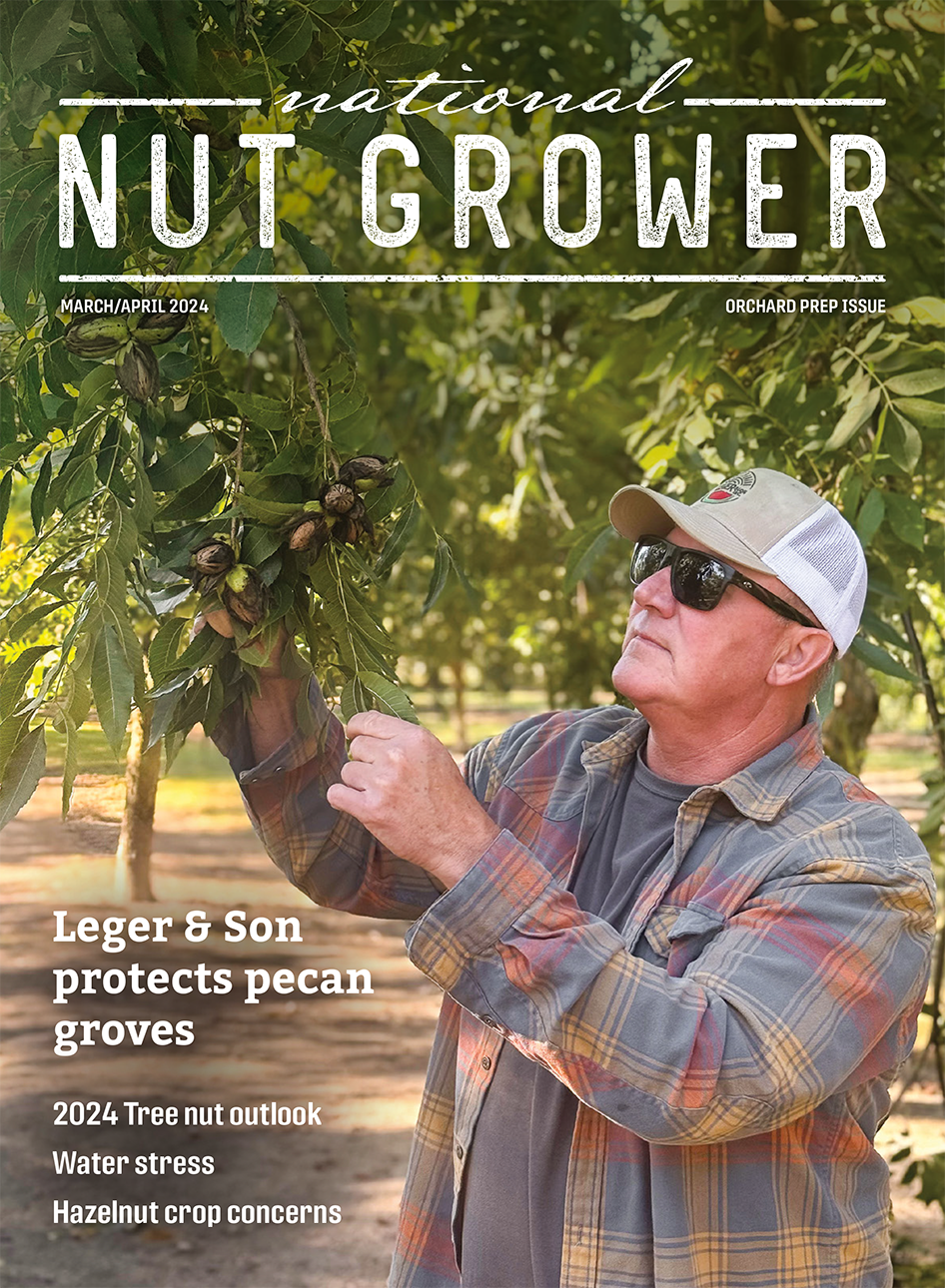
Aug 19, 2021Harvard research explores walnut consumption and life expectancy link
According to a study by researchers from the Harvard T.H. Chan School of Public Health, higher walnut consumption – both in terms of the amount and frequency – may be associated with a lower risk of death and an increase in life expectancy among older adults in the U.S., compared to those who do not consume walnuts.
“What we’ve learned from this study is that even a few handfuls of walnuts per week may help promote longevity, especially among those whose diet quality isn’t great to begin with. It’s a practical tip that can be feasible for a number of people who are looking to improve their health, which is top of mind for many people,” said Yanping Li, senior research scientist at the Department of Nutrition at Harvard T.H. Chan School of Public Health, and lead investigator of this research.
This study, supported by the California Walnut Commission and published in Nutrients, found five or more servings of walnuts per week (one serving = one ounce) may provide the greatest benefit for mortality risk and life expectancy. Eating five or more servings per week was associated with a 14% lower risk of death (from any cause), 25% lower risk of dying from cardiovascular diseases, and a gain in about 1.3 years of life expectancy, compared to those who didn’t consume walnuts. Consuming walnuts two to four times per week could have its benefits, too, with the study finding a 13% lower risk of death overall, 14% lower risk of dying from cardiovascular diseases, and a gain in about one year of life, compared to non-walnut consumers.
Interestingly, even among people with a suboptimal diet, as measured by a validated index based on foods and nutrients predictive of chronic disease risk, just a one-half serving per day increase in walnut consumption was associated with benefits, including 12% reduced risk of death and 26% lower risk of death from cardiovascular diseases, specifically.
For this study, researchers examined data from 67,014 women of the Nurses’ Health Study with an average age of 63.6 years and 26,326 men from the Health Professionals Follow-up Study aged 63.3 years in 1986 (the first cycle collected data of walnut consumption in both cohorts). Participants were relatively healthy when they joined the studies (e.g., free of cancer, heart disease, and stroke) and were followed for about 20 years (1998-2018). Dietary intake was assessed every 4 years in which participants reported on their overall dietary intake – including how often they consumed walnuts, other tree nuts, and peanuts – as well as lifestyle factors like exercise and smoking status. Based on this data, the researchers were able to identify associations between walnut consumption at varying levels and different health indicators related to longevity.
As a prospective observational study, these results do not prove cause and effect, but they do shed light on how walnuts may support an overall healthy lifestyle that promotes longevity. Participants who consumed greater amounts of walnuts tended to be more physically active, have a healthier diet, lower alcohol consumption, and take multivitamins. All of these factors could influence life expectancy, however, the researchers adjusted for these aspects in their analysis. In addition, it’s important to note that this data was collected before the current COVID-19 pandemic.
One ounce of walnuts is a powerhouse of important nutrients for optimum health, including protein (4g), fiber (2g), a good source of magnesium (45mg) and an excellent source of the essential omega-3 ALA (2.5g).
The California Walnut Commission (CWC) supported this research. The CWC has supported health-related research on walnuts for more than 30 years with the intent to provide knowledge and understanding of the unique health benefits associated with consuming walnuts. While the CWC does provide funds and/or walnuts for various projects, all studies are conducted independently by researchers who design the experiments, interpret the results and present evidence-based conclusions. The CWC is committed to scientific integrity of industry-funded research.
The California walnut industry is made up of more than 4,500 growers and approximately 85 handlers (processors). The growers and handlers are represented by two entities, the California Walnut Board (CWB) and the California Walnut Commission (CWC).
– California Walnut Commission







